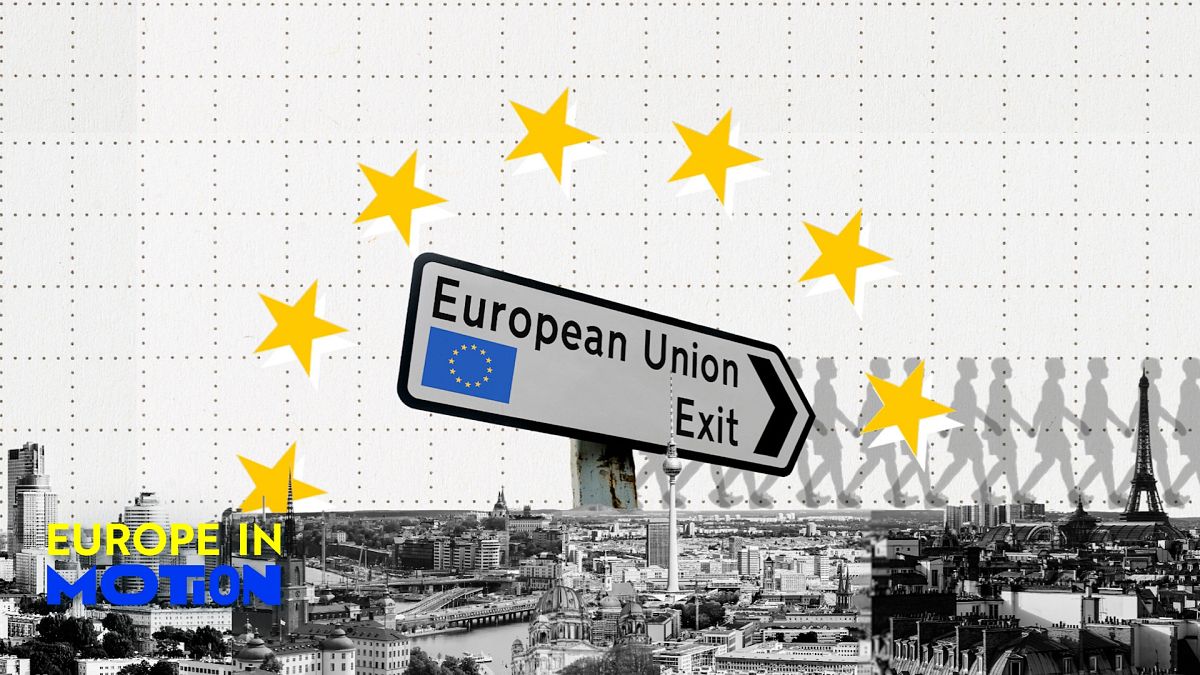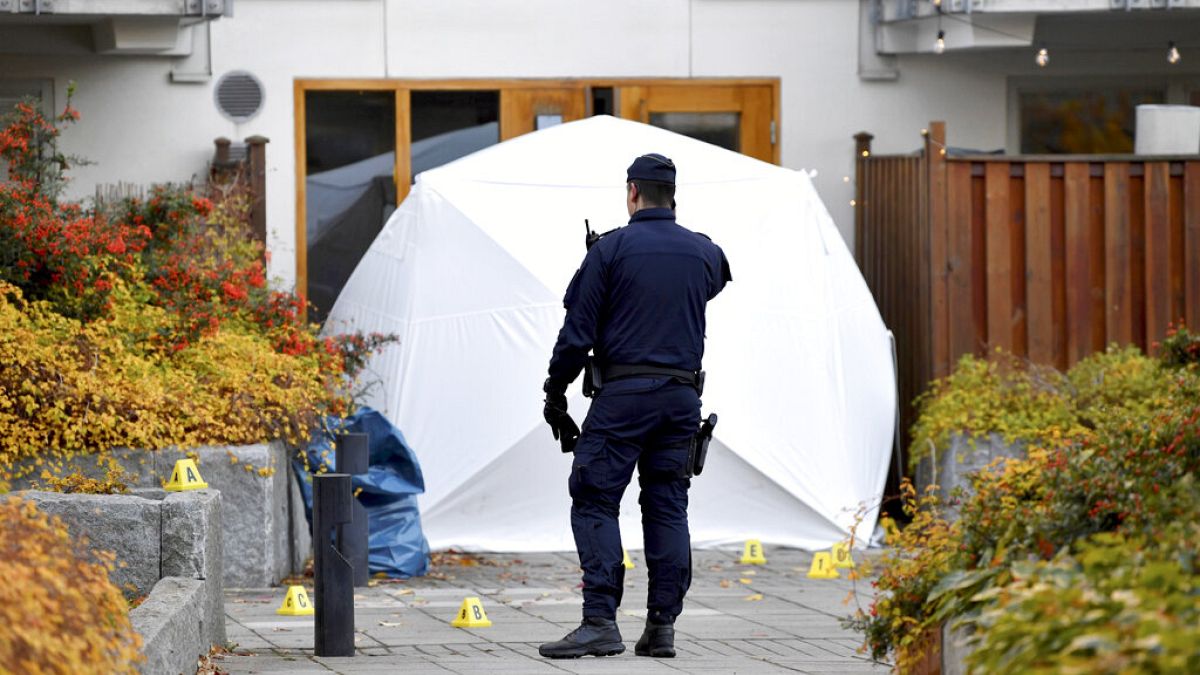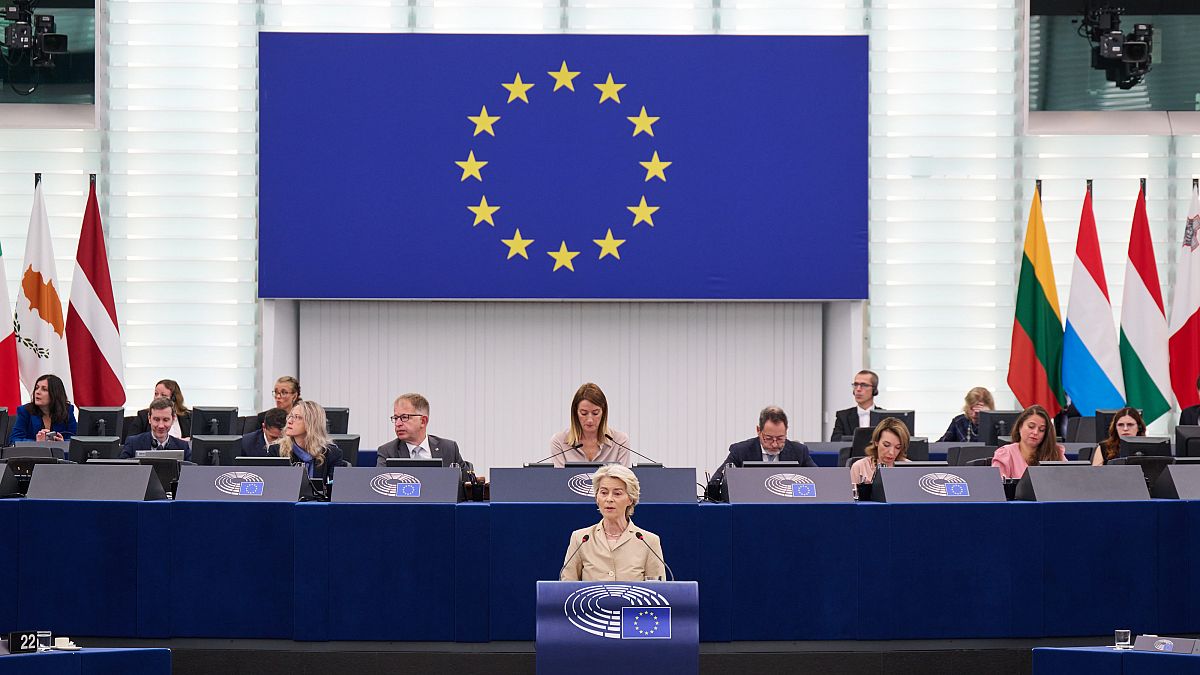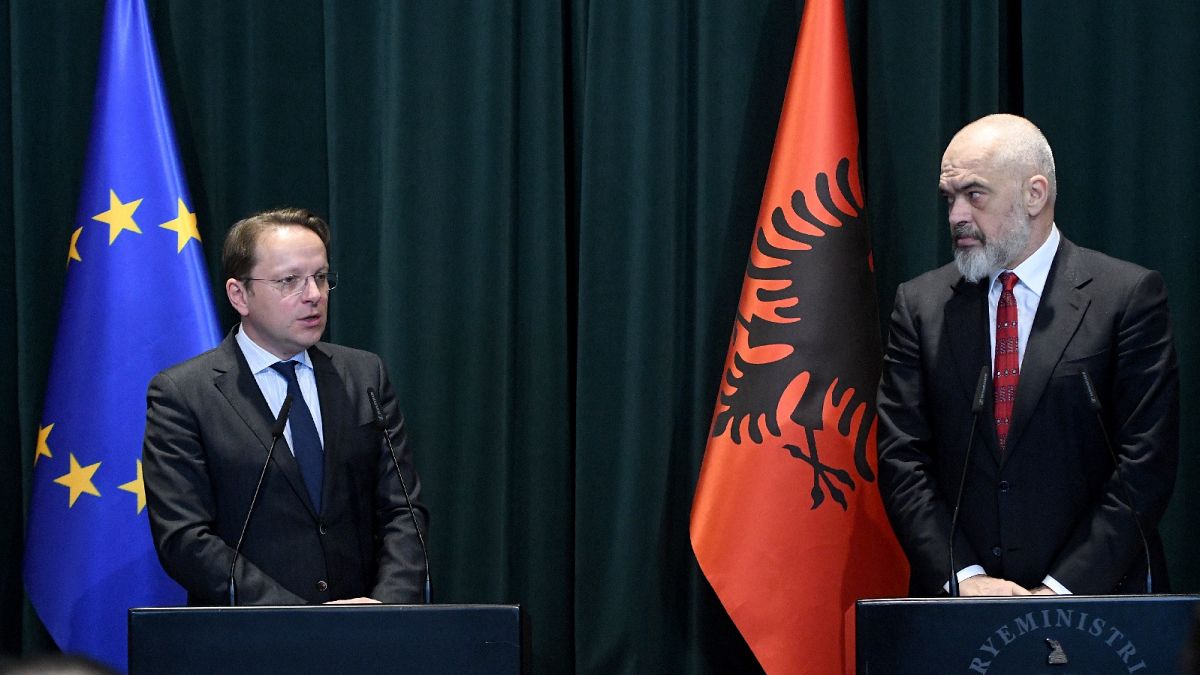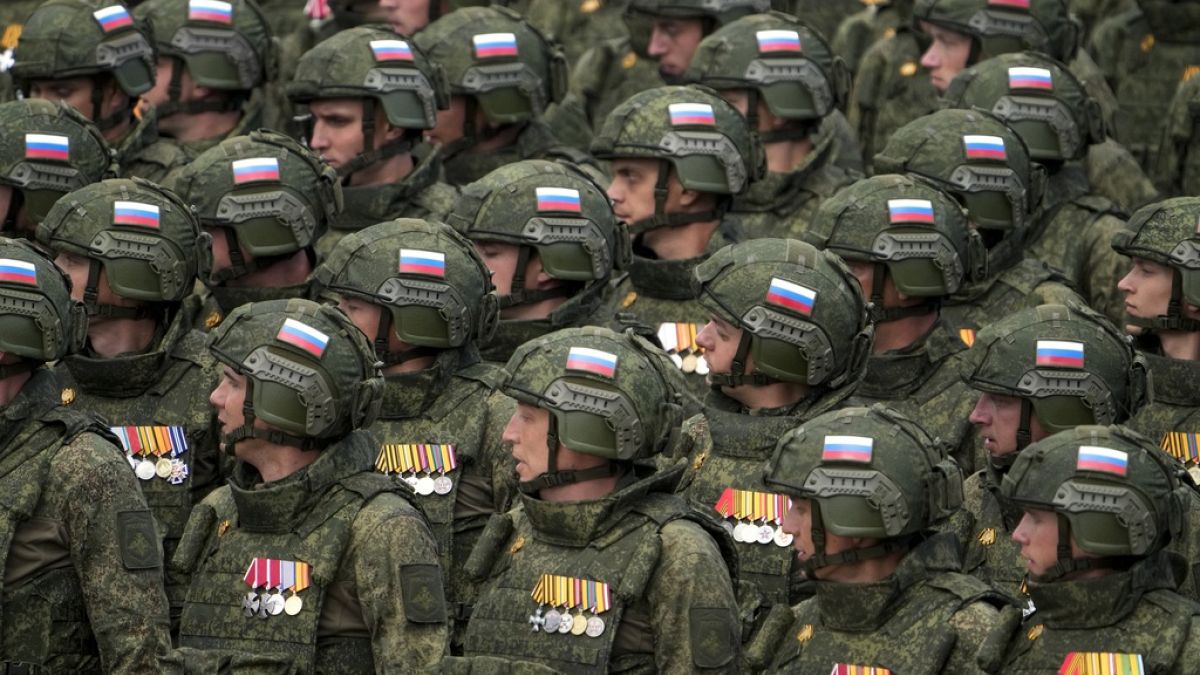France returned the most people — more than 3,000 — out of over 25,000 migrants who were deported out of the EU in the second quarter of 2024. But the number of people ordered to leave is actually much higher than that.
The number of migrants ordered to leave the EU has gone down — it’s 10% smaller compared to a year ago — but a huge gap remains between those who receive an order to leave and those who actually end up being repatriated.
According to the latest Eurostat data, out of 96,115 non-EU citizens who were ordered to leave the EU between May and August 2024, less than a third (25,285) actually left the bloc.
This gap however seems to be narrowing, as the number of people returned to third countries increased by 21.3% when compared with the same quarter of 2023.
Which nation is deporting most migrants to third countries?
In the second quarter of 2024, France enforced the most migrant deportations in the EU (3,870), followed by Germany (3,710) and Sweden (3,185).
France also recorded the highest number of repatriation orders issued (31,195), followed by Germany (12,885) and Greece (6,555).
Algerians and Moroccans are the largest nationalities who received an order to leave EU territory in the second quarter of 2024, accounting for 7% of the total, followed by Turks and Syrians (each with 6%).
However, in terms of those who effectively left the EU, the largest nationalities are Georgians (10%), followed by Albanians (8%) and Turkish(7%).
Thousands of migrants stuck in bureaucracy limbo
So, how do we explain this huge discrepancy between repatriation orders and repatriations that effectively took place?
First of all, it doesn’t mean that tens of thousands of migrants are hiding out on EU soil, experts say.
“Removal orders can be suspended in several cases,” Centre for European Policy Studies Senior Research Fellow Sergio Carrera told Euronews.
“Some people cannot be expelled because of technical or practical barriers for example, due to health issues, or if the country of origin can’t be identified, or in case of victims of human trafficking, or in case of unaccompanied minors,” he added.
“The EU repatriation directive as it stands doesn’t harmonise these procedures. How authorities deal with these issues sometimes is completely different, not just from state to state, but also from region to region.”
Carrera says this makes it difficult to break down the repatriation phenomenon into more specific numbers and to ensure the legality of these procedures.
“You have an enormous heterogeneity and lack of transparency and accountability. The lines between obligations and things that are facultative are very blurred.”
The EU is trying to fill this void by financing a new project called “More,” which aims to critically examine the EU and UK’s Returns and Readmissions policies.
“In this project, we will question the notion of effectiveness in EU returns policies as they currently are”, said Carrera, “because any return policy must comply with fundamental rights.”
For more information, watch the Euronews video in the player above.
Read the full article here







